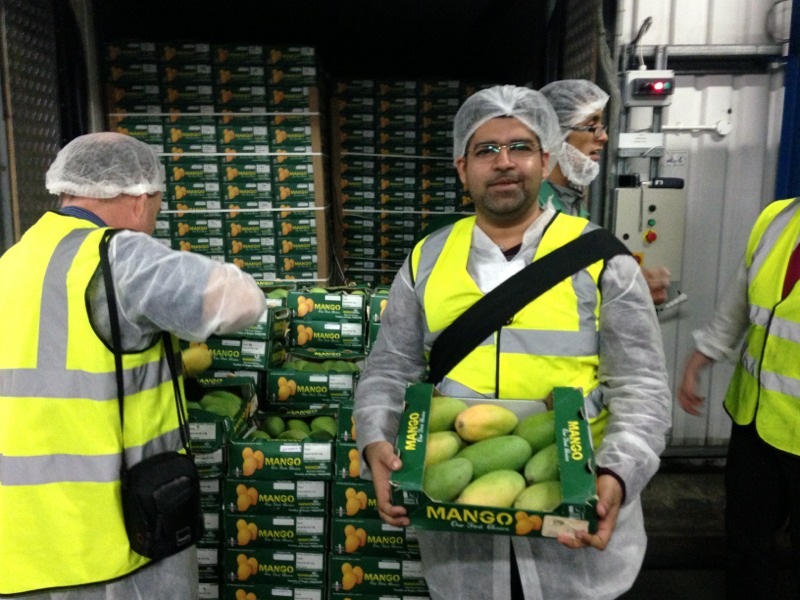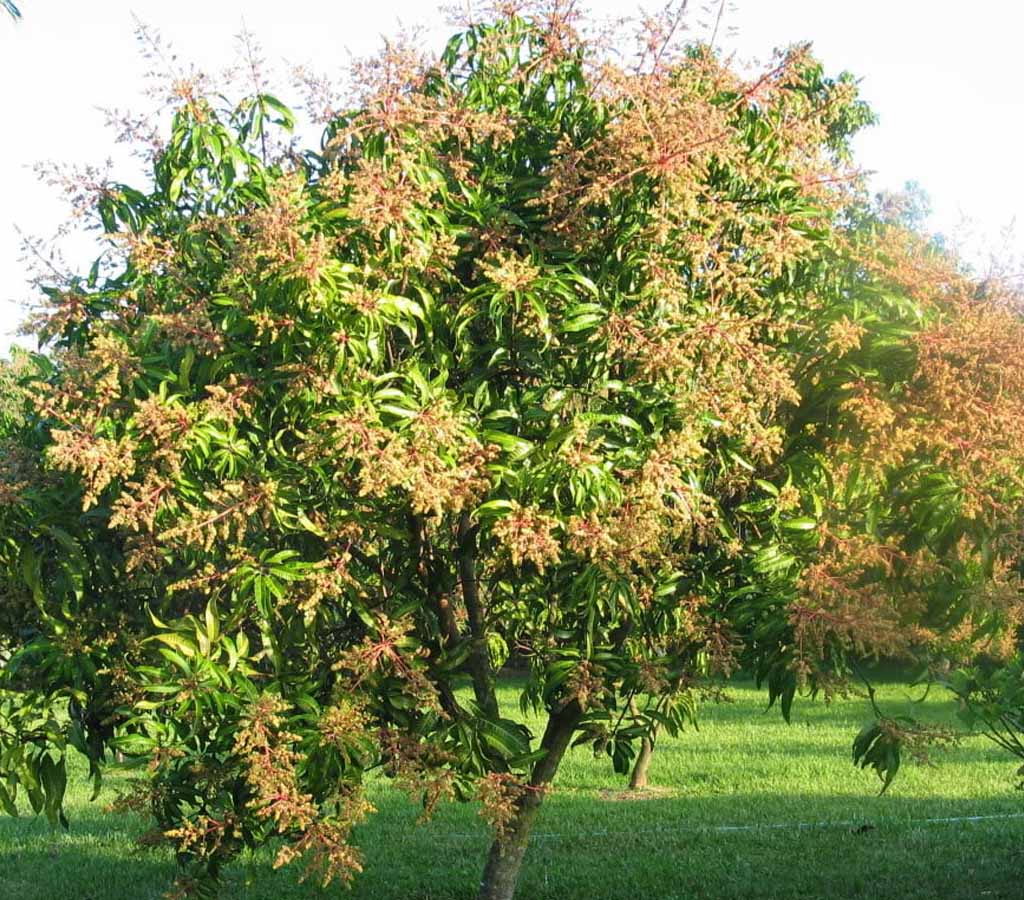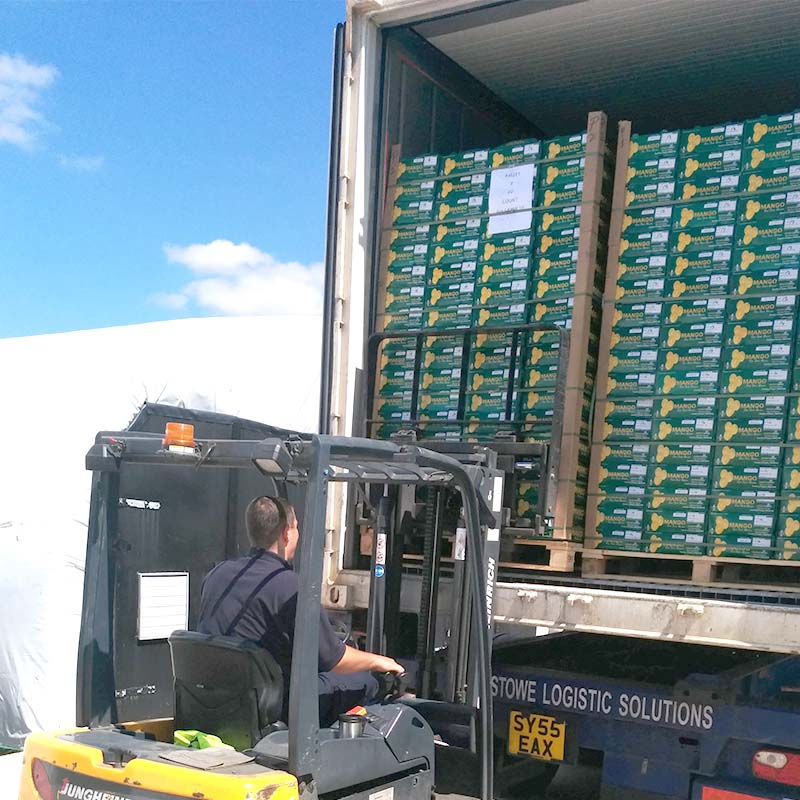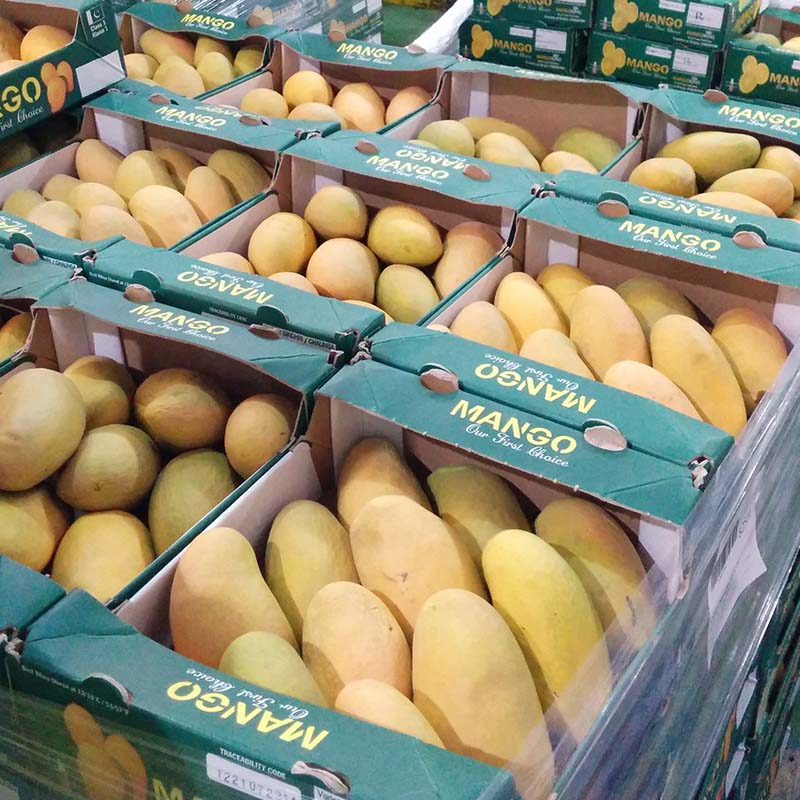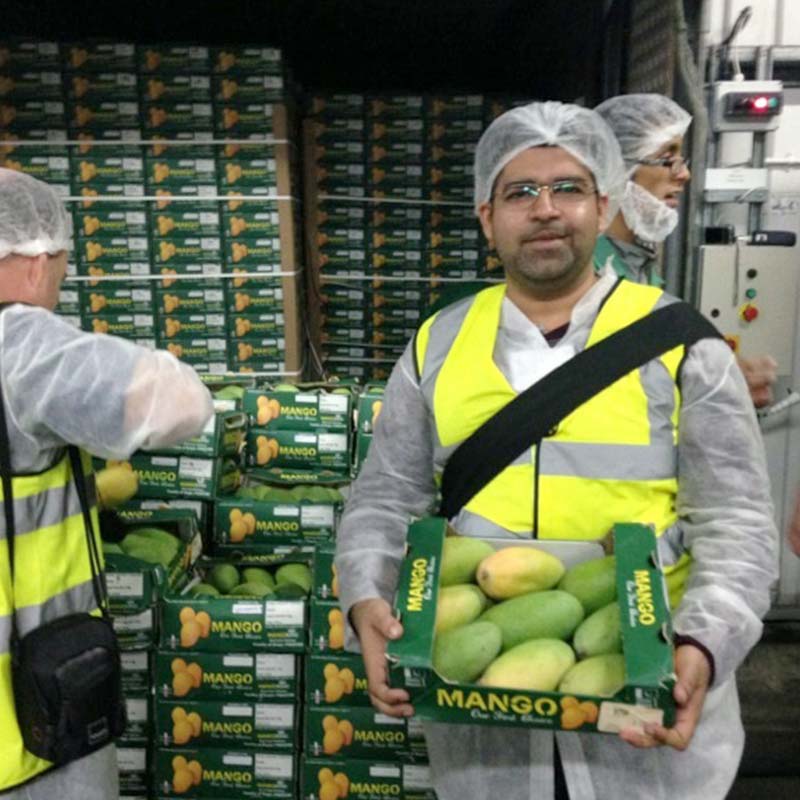About Us
Sindh Mango Growers & Exporters (SMGE) is a vertically integrated company of growers owning mango orchards of international standards. These orchards are being continuously audited by national and international certifying organizations. We have been the exporter of best quality of mangoes worldwide. We ensure our processes comply with the international health, hygiene, food, and worker safety standards.
Our Growers’ Certifications
SMGE is owned by six Mango growers. All the growers have the following certifications.
GLOBAL G.A.P
GLOBALG.A.P. is a trademark and a set of standards for good agricultural practices (G.A.P). This global organization ensures safe, sustainable agriculture worldwide with set voluntary standards for the certification of agricultural products around the globe.
GRASP
GRASP stands for GLOBALG.A.P. Risk Assessment on Social Practice. It is a voluntary, ready-to-use module developed to assess social practices on the farm, such as specific aspects of workers’ health, safety, and welfare.
HACCP
HACCP certification is an international standard defining the requirements for effective control of food safety. HACCP is a systematic approach to the identification, evaluation, and control of food safety hazards based on the seven principles.
Order Mangoes Online
SMGE delivers bulk orders both by air and by sea. Now you can get mangoes in bulk with minimum quantity up to 1300 Kg

SMGE Feature Products
Buy premium & export quality mangoes online with free delivery all over Pakistan.
Send the Best Gift of this season with Special Gift Packaging and a complimentary personalized message.
Our Gallery
Our International Customers








